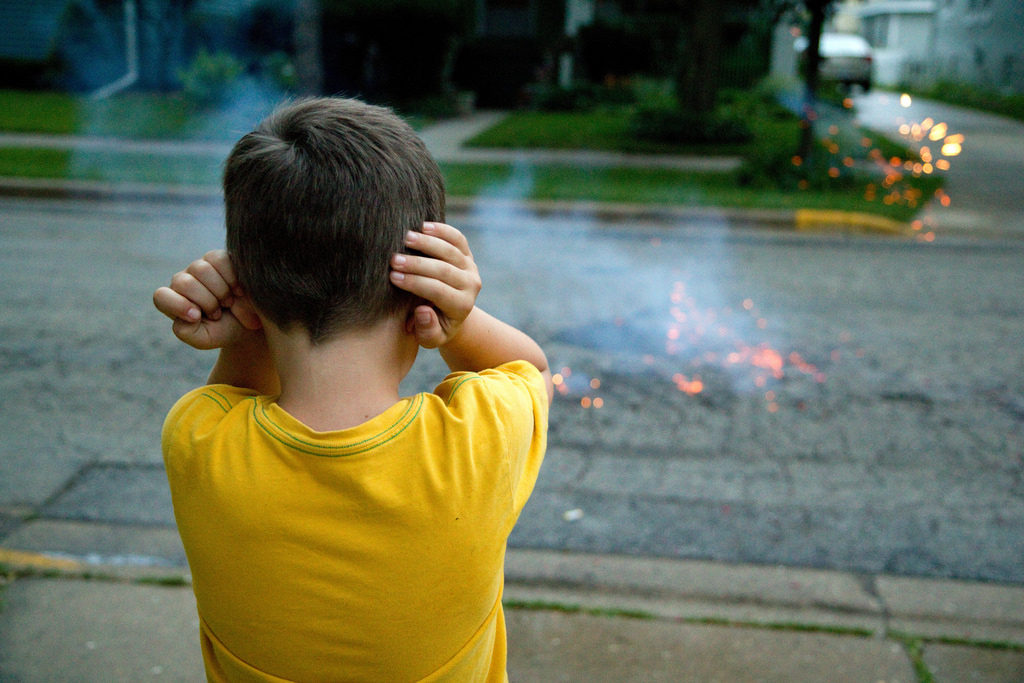 Individuals with ADHD often report being very sensitive to all sorts of stimuli in the environment, meaning sounds, smells, motions and temperature.Jonathan Carroll, M.A., an ADHD coach and someone who has the condition himself, characterizes the way this sensitivity can impact his daily routine:
Individuals with ADHD often report being very sensitive to all sorts of stimuli in the environment, meaning sounds, smells, motions and temperature.Jonathan Carroll, M.A., an ADHD coach and someone who has the condition himself, characterizes the way this sensitivity can impact his daily routine:
“Sounds simple enough, right? It should be on the surface, but there’s more to this than we think. Let me give you an example from my life (keeping in mind that I mentioned temperature earlier). When I settle down for the evening, depending on the temperature in my house, I will or won’t wear socks. Now, the obvious answer to this is how cold are my feet? But there’s more to this than just the surface idea of temperature. If my feet get too cold or too warm, I have trouble settling down the rest of my body. My body is so sensitive to outside stimuli that even something as small as the temperature of my feet can impact how well I sleep. This also applies to the rest of me as well.”
Noise, in particular, can be a problem for those with ADHD. A German study found that children who were exposed to higher traffic noise levels at home showed 28 percent more symptoms of hyperactivity and inattention than kids exposed to the lower traffic noise levels. Similar environmental noise studies have shown that sustained high noise levels from traffic or airplanes can result in learning problems for children at school. The problem can be more acute for children with ADHD, due to the ability of environmental noise to cause more anxiety and sleeplessness.
But not all environmental noise is detrimental to those with ADHD.
A study by Söderlund, Sikström, and Smart, reported in the Journal of Chi ld Psychology and Psychiatrity, found that the white noise can have a positive effect on cognitive performance for those with ADHD. The authors explained that “noise in the environment introduces internal noise into the neural system through the perceptual system. This noise induces stochastic resonance (SR) in the neurotransmitter systems and makes this noise beneficial for cognitive performance. In particular, the peak of the SR curve depends on the dopamine level, so that participants with low dopamine levels (ADHD) require more noise for optimal cognitive performance compared to controls.”
Dr. Ellen Littman points out, in her paper “What the ADHD Brain Wants-And Why?”, that individuals with ADHD must perform a balancing act of stimulation. Often ADHD sufferers are easily bored and seek greater stimulation. They can quickly reach a point of over-stimulation and become emotionally and physically depleted -experiencing a sort of “stimulation crash.” Some with ADHD feel over-stimulated by the environment more or less constantly and will reduce stimulation by tuning out of group conversations and isolating themselves with a video game or movie.
If you have ADHD, the key is to be aware and take steps to find and maintain a consistent level of environmental stimulation that allows you to function normally.


